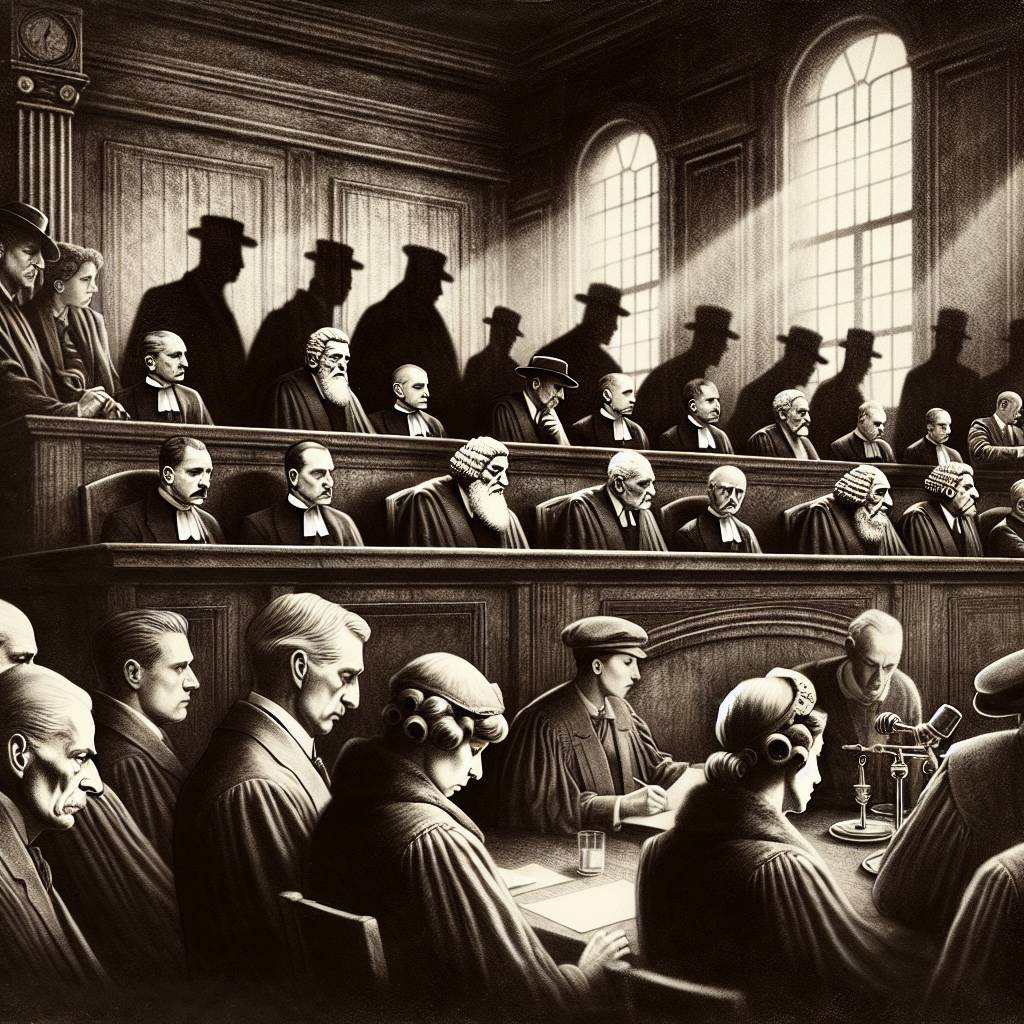Grindr Escapes Liability: Ninth Circuit Upholds Section 230 Shield, Leaving Plaintiffs Swiping Left on Legal Claims
The U.S. Court of Appeals for the Ninth Circuit confirmed that Grindr isn’t responsible for users’ misbehavior, thanks to Section 230 immunity. This decision upholds online freedom, ensuring dating apps can focus on love connections rather than legal ones. While real-world harms occur, the culprits, not the app, face accountability. Grindr continues swiping freely!

Hot Take:
So, Grindr isn’t your matchmaker-turned-villain, just an innocent cupid with immunity! While the app dodged legal Cupid’s arrows thanks to Section 230, it’s a reminder that love might be blind, but the law isn’t. Who knew matchmaking could be so litigious?
Key Points:
- The Ninth Circuit upheld that Grindr isn’t responsible for user-generated matches that led to real-world harm, thanks to Section 230 protections.
- Section 230 ensures dating apps and other platforms can operate without fearing endless lawsuits over user interactions.
- The case involved a minor who misrepresented his age, leading to legal consequences for three adults he met via Grindr.
- The plaintiff’s claims of defective design and negligence were dismissed, with the court focusing on third-party actions.
- The court dismissed the federal civil sex trafficking claim, stressing that Grindr didn’t knowingly facilitate trafficking.
Already a member? Log in here
